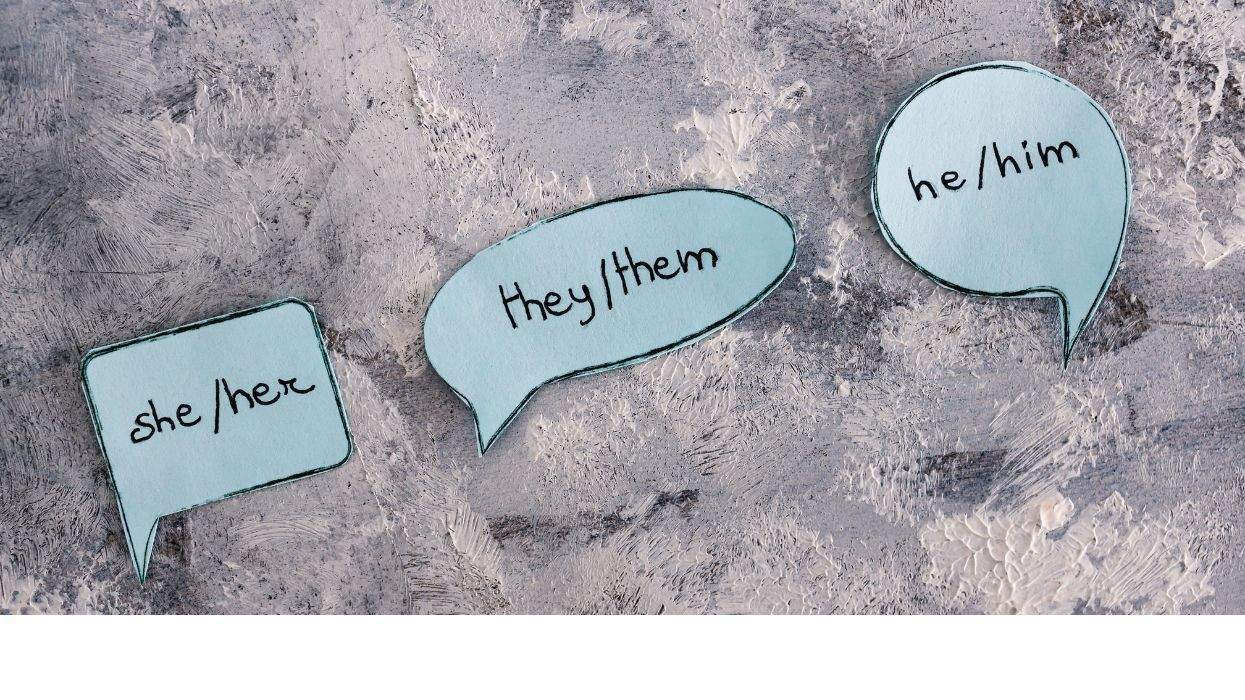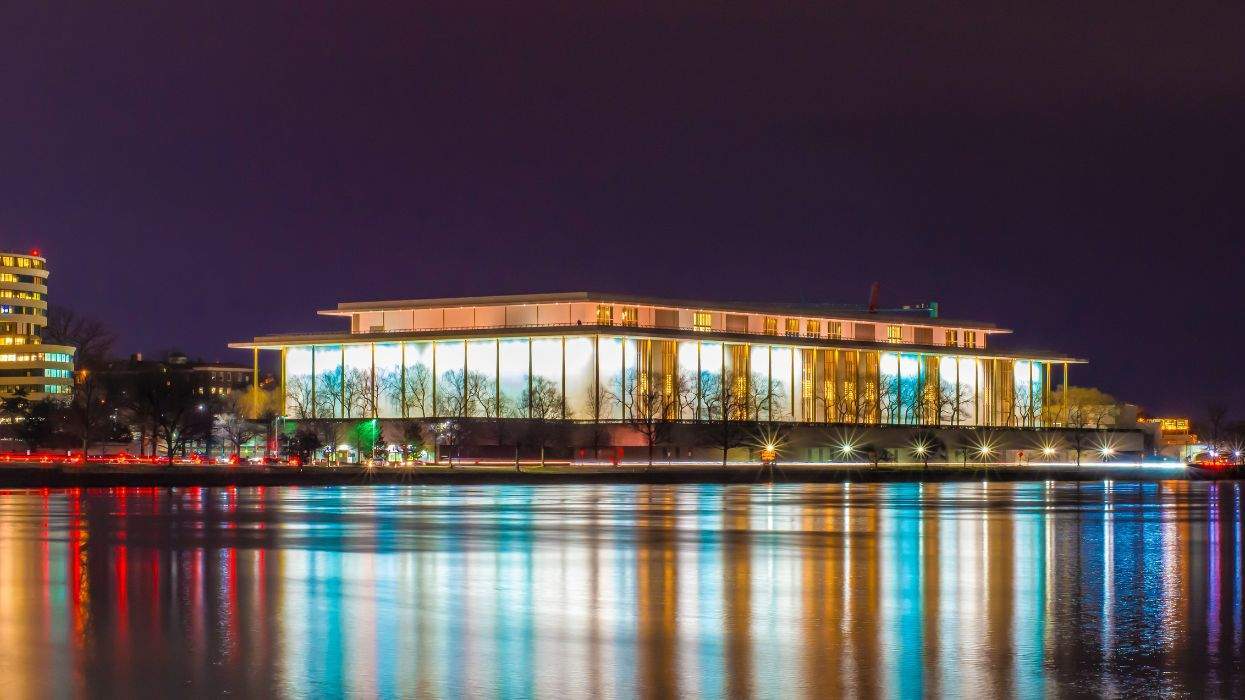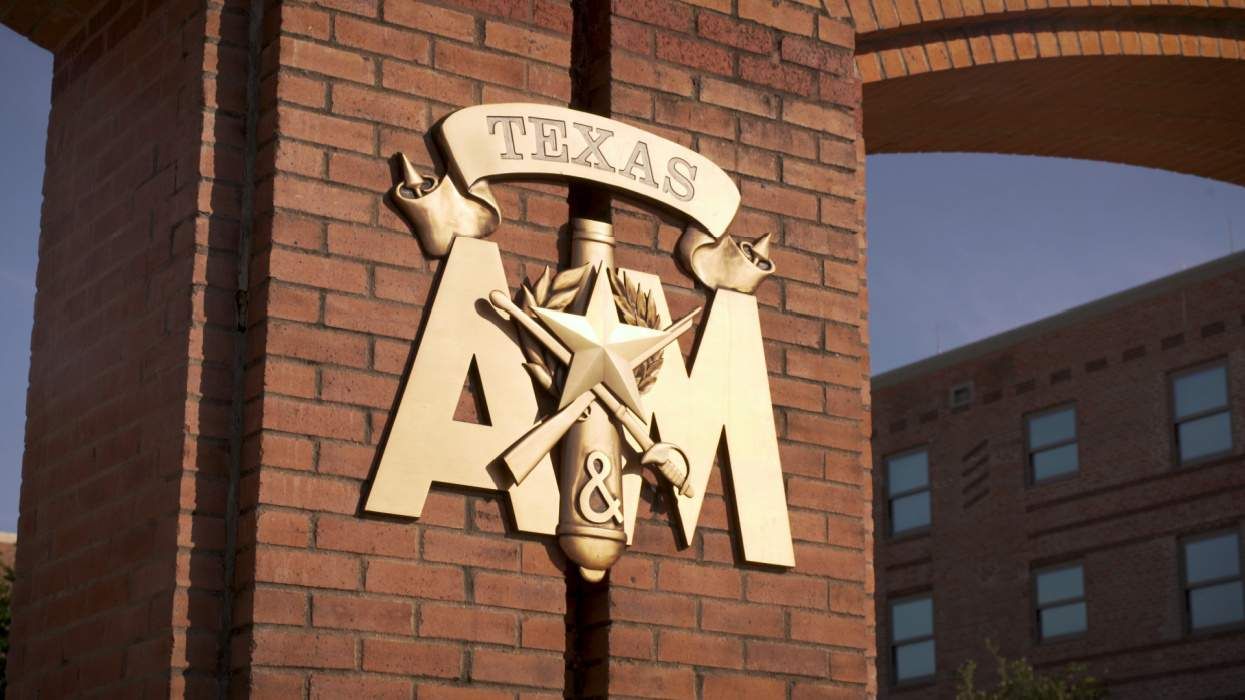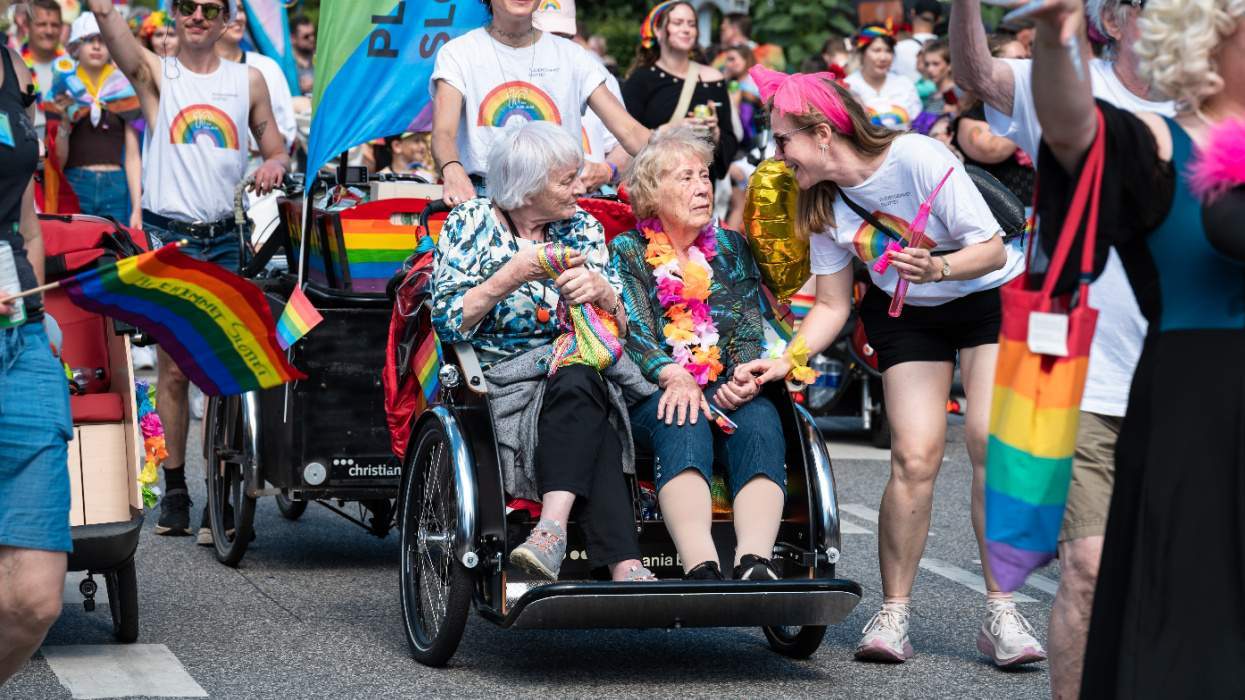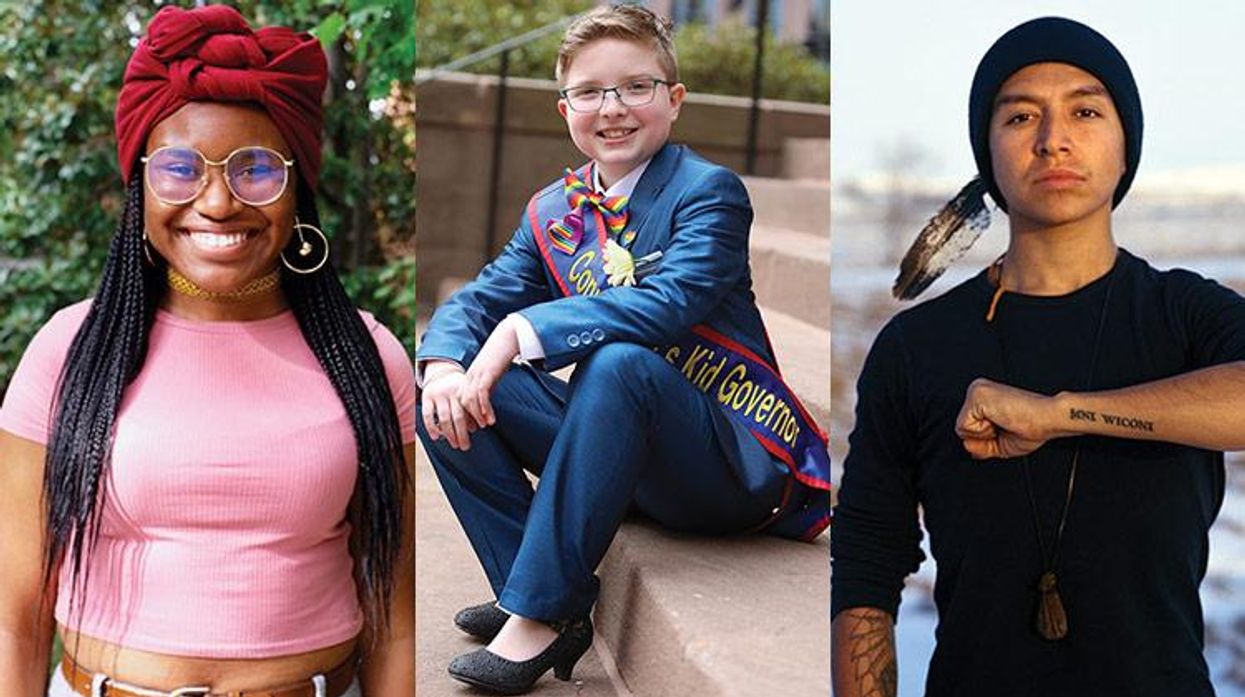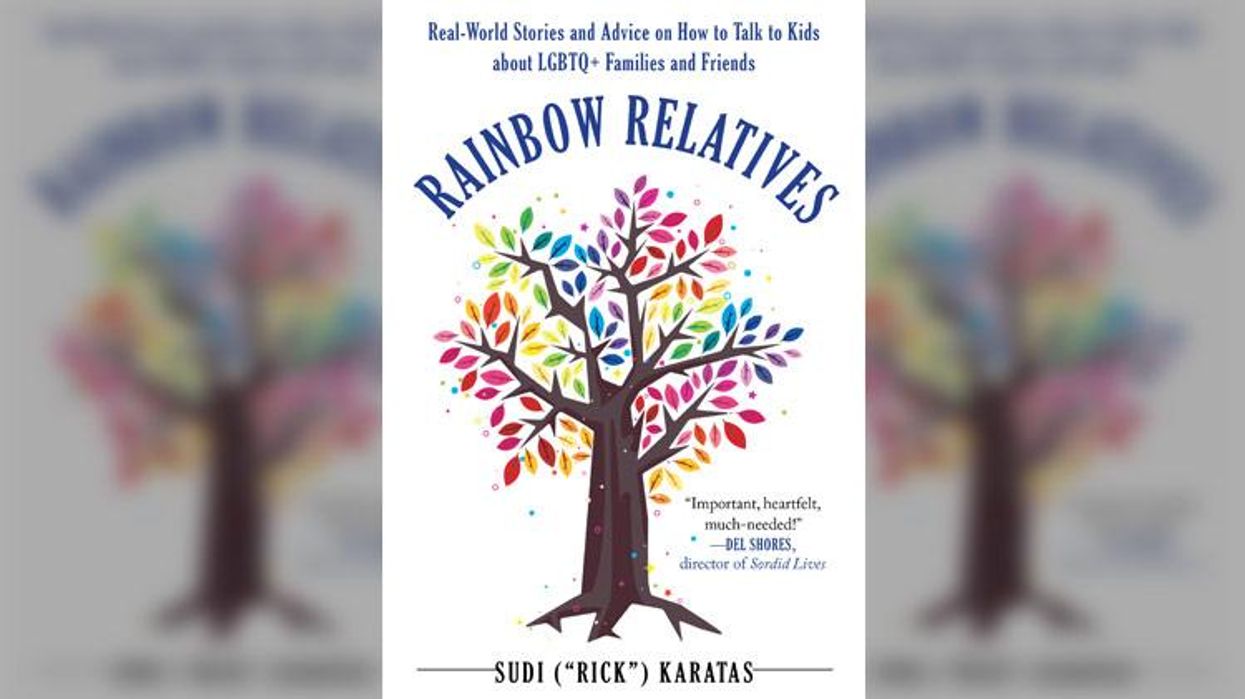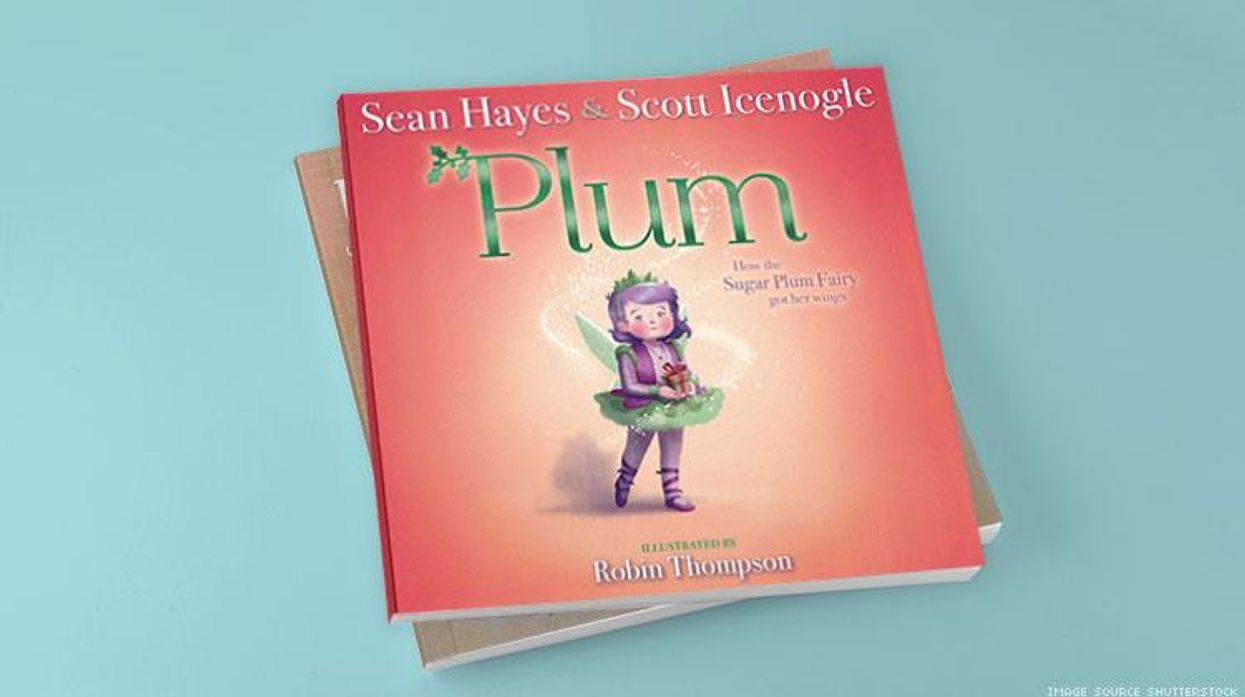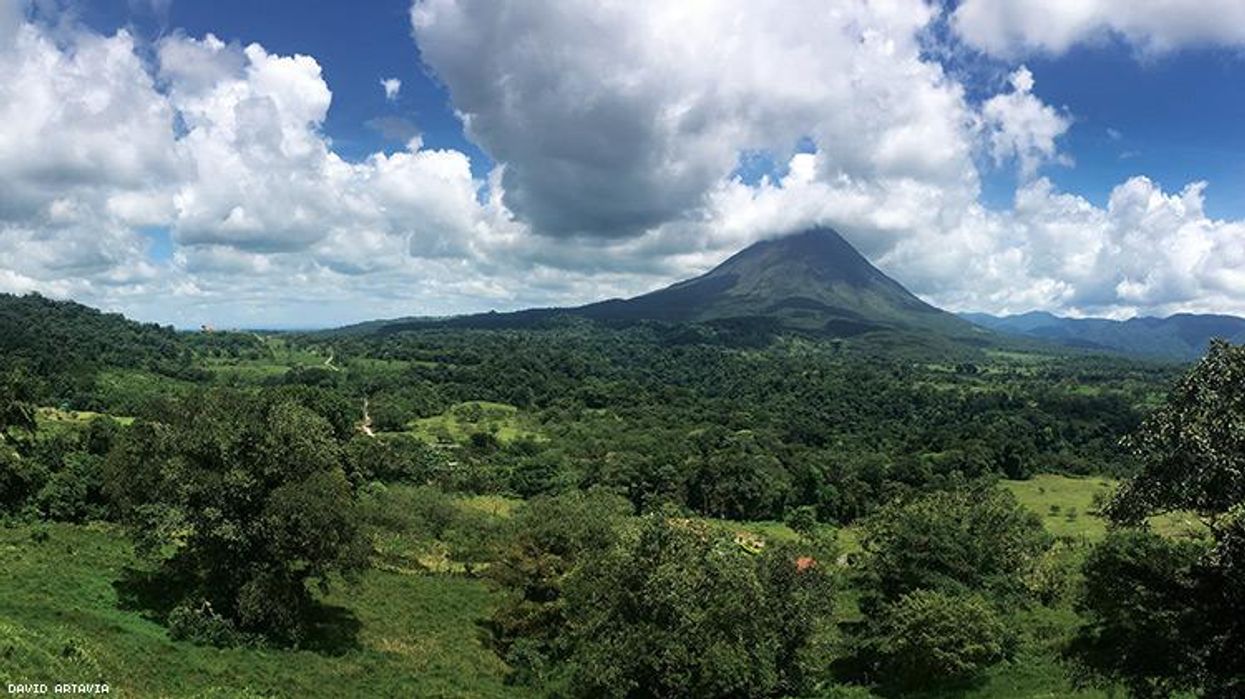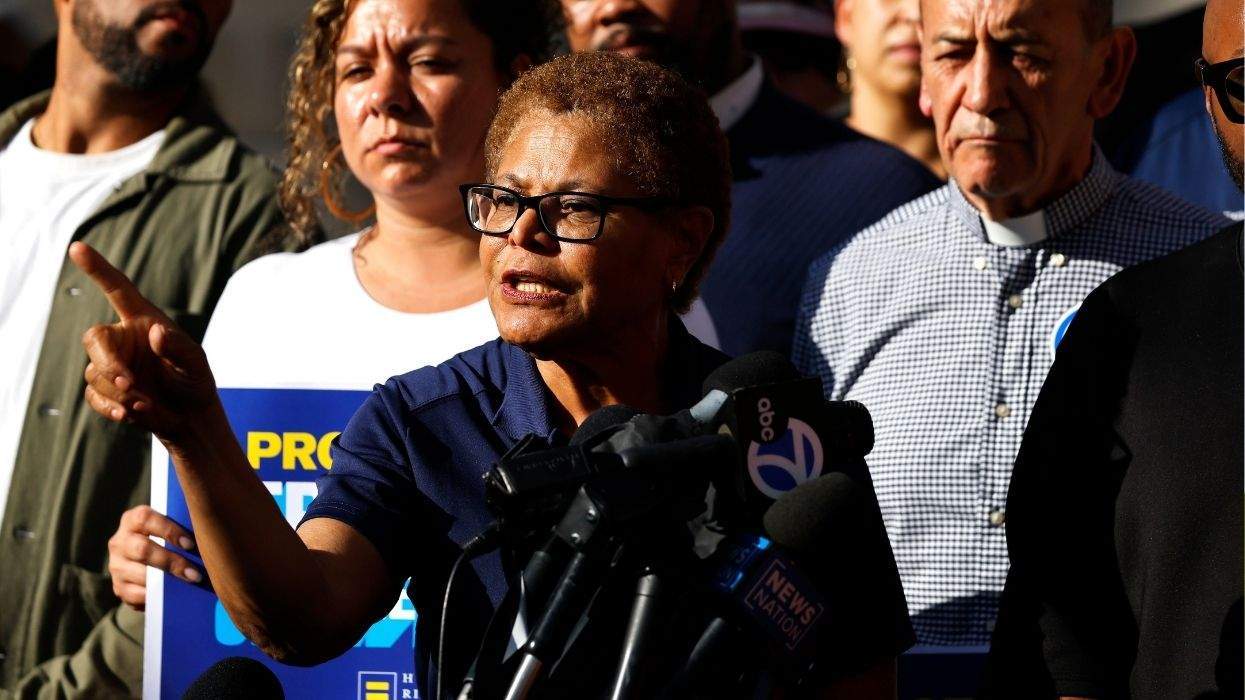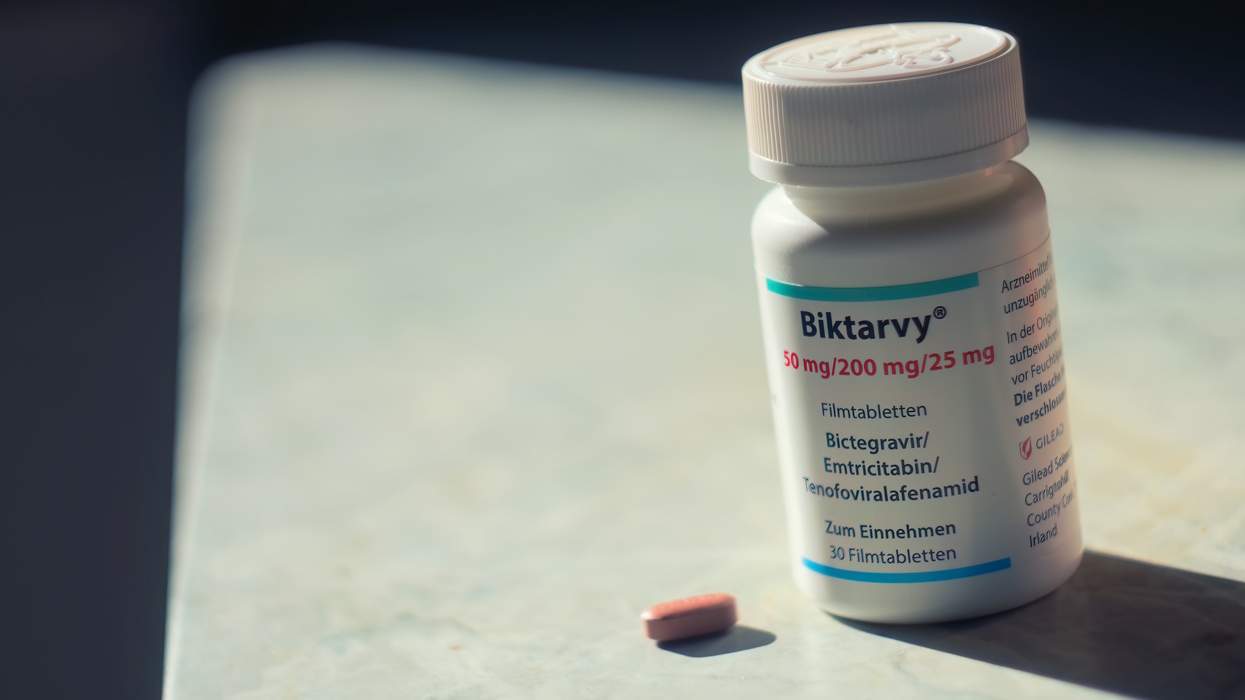For years, people in the gay rights movement have wondered, Where's our Dr. Martin Luther King, our Cesar Chavez, or maybe even our Gloria Steinem? Who could represent and personify our movement? Though we've certainly had leaders and heroes along the way, no one person has galvanized the movement and pushed it in a singular direction.
But watching marriage equality fervor spread across the country in myriad unexpected ways is a reminder of this: Maybe the person we have longed for has been within us all along. Maybe we are, in fact, our own touchstones of activism.
As longtime LGBT activist and former ACT UP member Ann Northrop notes, "The best model that comes to mind for me around individual activism and grassroots spontaneous combustion is marriage."
It was, after all, individuals in Hawaii who planted the seeds for the same-sex marriage movement as we know it today. The three couples that sued the Aloha State's Department of Health to issue them marriage licenses did so against the advice of the national groups. It was a Honolulu-based civil rights attorney, Dan Foley, who filed the case on their behalf in 1991.
Lambda Legal did end up getting involved in the case a few years later, in order to inject additional resources into the effort--in part because the lawsuit was sparking a national conversation about marriage equality.
"The stepping forward of the couples in Hawaii, initially, was met with and followed by a sustained strategy and campaign that has taken place over the last 20 years," says Freedom to Marry's Evan Wolfson, who joined Foley as co-counsel on the Hawaii case, Baehr v. Miike, for Lambda Legal.
As Wolfson suggests, the decades-long marriage march has been guided by an overarching strategy laid out by LGBT groups like Lambda Legal, GLAD, and Freedom to Marry. But the movement has also gotten some indispensable assists from individual activists along the way.
Before becoming president of the Human Rights Campaign, Chad Griffin organized the American Foundation for Equal Rights and famously launched the successful legal effort to overturn Proposition 8, despite coordinated resistance from multiple LGBT groups. Edie Windsor's winning DOMA challenge didn't find a champion among our legal advocates until she met with New York attorney Roberta Kaplan, who immediately recognized the pearl of Windsor's irrepressible story.
Both of those efforts helped change the national debate on marriage and LGBT rights in a way no one could have anticipated. Though many LGBT advocates originally feared the worst from Chief Justice John Roberts's conservative-leaning court, by the time the two marriage cases finally reached the Supremes, few, if any, legal experts were seriously pondering the catastrophe that either DOMA or Prop 8 would be upheld.
Indeed, following the decisive language of the Supreme Court's decision overturning DOMA, we've seen an onslaught of marriage challenges filed by LGBT groups and other attorneys. But the individual activists--straight and gay--continue to hasten the pace at which equality proceeds.
In Pennsylvania where the ACLU had already filed a challenge to the state's mini-DOMA, Montgomery County's register of wills, D. Bruce Hanes, simply began issuing marriage licenses to same-sex couples in late July. A judge ordered Hanes to stop in September, but not before he had issued 174 marriage licenses--each one a challenge to the conscience of the state.
Similarly, in New Mexico, where there's no explicit ban on same-sex marriage, Dona Ana County Clerk Lynn Ellins finally concluded that "any further denial of marriage licenses" to same-sex couples violated both the federal and state constitutions and the New Mexico Human Rights Act.
The courageous move by Ellins to begin issuing licenses in August spurred seven other counties around the state to follow suit, and finally compelled the state Supreme Court to hear oral arguments on the matter October 23.
None of this is to say that individual activists are always right and groups are always wrong. Rather, they are symbiotic. The success of one is dependent upon the wisdom of the other--but that wisdom is distinct precisely because they are very different creatures.
As Lambda Legal's Jenny Pizer tells me, the legal groups continually ask themselves two questions: "Do we want it?" and "Is it too early?" As professional gays, so to speak, they are ethically bound to anticipate setbacks and consider whether the risks might outweigh the rewards. By contrast, some of the most transcendent flourishes of individual activism are born of passion: average people deciding, "Yes, we want it!" and "We're willing to fight for it!"
Those are the flash points that movements are built upon. It was the radiance of Stonewall. It was the yearning of three Hawaii couples and countless others before and after. It was the post-Prop 8 fever that ignited Join the Impact and swelled into the National Equality March and eventually found its way into the Oval Office. And it has been within each of us all along, just waiting for contact.
Who Is The Movement's Overlooked MLK?
In the search for the movement’s Martin Luther King, have we overlooked ourselves?

